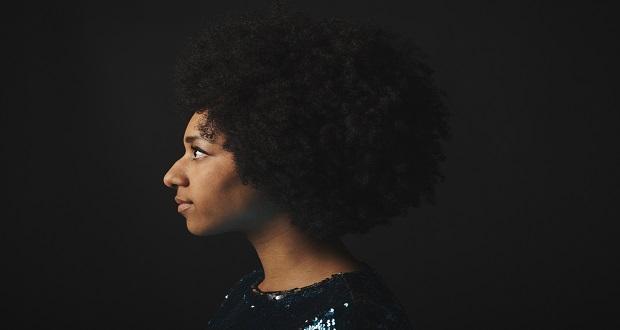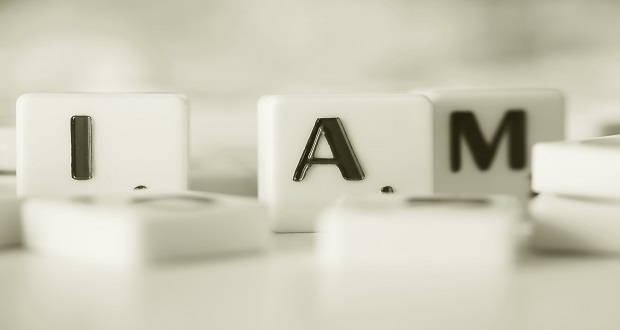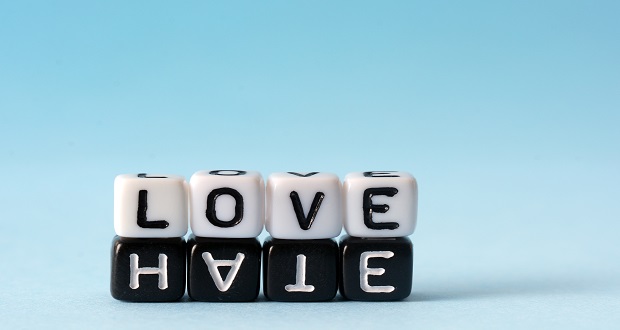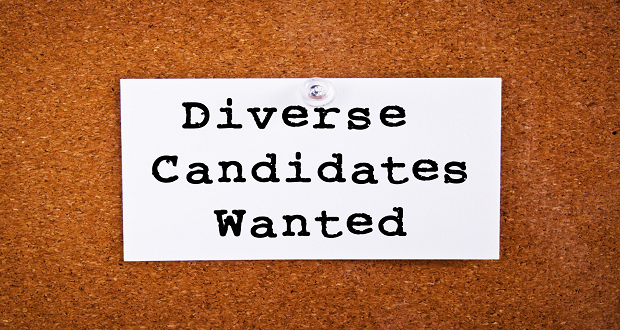
Today, as a proud, educated, queer Black woman navigating through the complexities of our society, I am fully aware of my intersectionality and the barriers that arise in consequence. I am also very aware of the traumas I’ve experienced and the outcomes thereof. However, as a young girl, I wasn’t prepared for the harsh realities of what I would soon face.
This reality included being called the n-word at the age of 7. I still remember the exact days – the seemingly ‘harmless’ moments – those times when I began to truly see how the world viewed me. Consequently, I began to alter the way I spoke, the way I interacted with others, the way I dressed and presented myself. This was a cultural modification – one I and so many others adopted in order to be accepted, to better “fit in.” People of color experience daily racial microaggressions, which are defined as “brief and commonplace daily verbal, behavioral, or environmental indignities, whether intentional or unintentional, that communicate hostile, derogatory, or negative racial slights and insults.” Over time these repeated encounters seep into our subconscious in overt and covert ways, with the potential to affect our mental wellness.
We must acknowledge the psychological impact that results from experiences with racism throughout our history, and the implications of trauma experienced by people of color. Share on XWe must acknowledge the psychological impact that results from experiences with racism throughout our history, and the implications of trauma experienced by people of color. In Robert T. Carter’s report, Racism and Psychological and Emotional Injury: Recognizing and Assessing Race-Based Traumatic Stress, he addresses the importance of this social and psychological impact. Carter writes: “Perhaps a major contributing factor to the problem of racism and its impact on the mental health of its targets is a failure to clearly understand the emotional, psychological, and, to some extent, physical effects of racism on its targets.” The failure to understand the racial underpinnings minorities face can be traced to systematic barriers and our unwillingness to be vulnerable in discussion, listening and exploring our traumas.
The American Psychiatric Association reports that only 31% of Blacks and Hispanics, and 22% of Asians receive mental health care, compared to 48% of their white counterparts. I know you may be thinking…why don’t people just go and get help if they are suffering? Sadly, it is not that simple. Barriers to mental healthcare are manifested in many forms – lack of culturally competent quality care from health care providers, poverty, stigmas that exists in our own communities, and general mistrust of the healthcare system. Yet, despite the adversity and the barriers placed before us, we are resilient. We fight each day – we bend, but we do not break.
As the end of April marks the close of National Minority Health Month and May marks the beginning of Mental Health Month, we must ask ourselves, how can we destigmatize mental illness? How can that 7-year-old girl relinquish the painful reality she was confronted with? How can we prevent our dignity and worth from being dictated by hate? How can we help one another heal and grow?
As the end of April marks the close of National Minority Health Month and May marks the beginning of Mental Health Month, we must ask ourselves, how can we destigmatize mental illness? Share on XAdvocate Stacy-Ann Buchanan and her team created the #ChangeTheStigma Campaign to raise awareness about how mental health is viewed within the Black community, with hopes to create positive conversations surrounding cultural stigmas. In order to be better, we must do better as a community. So, I will leave you with this quote by Brené Brown:
“Owning our story can be hard, but not nearly as difficult as spending our lives running from it. Embracing our vulnerabilities is risky but not nearly as dangerous as giving up on love and belonging and joy—the experiences that make us the most vulnerable. Only when we are brave enough to explore the darkness will we discover the infinite power of our light.”
How can we prevent our dignity and worth from being dictated by hate? How can we help one another heal and grow? Share on X

















